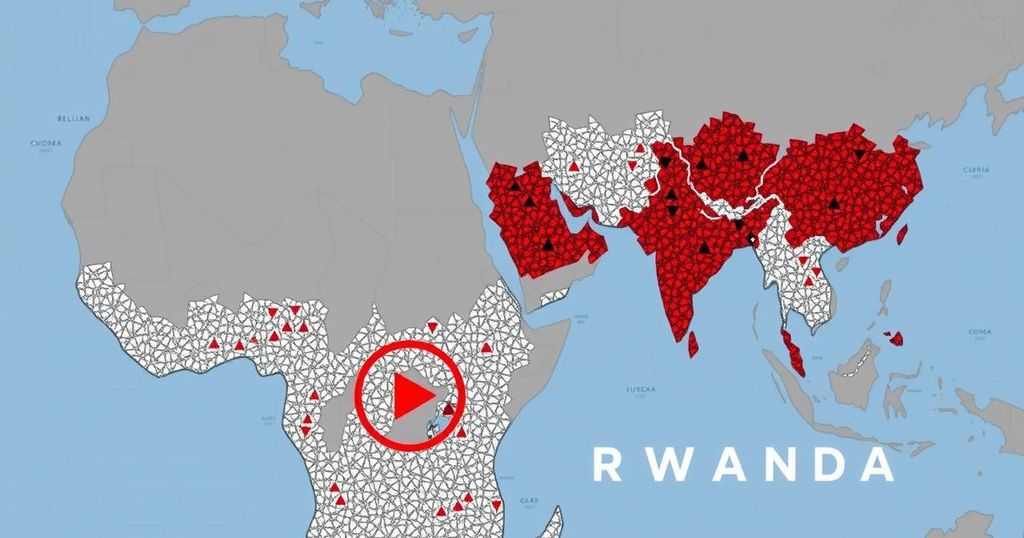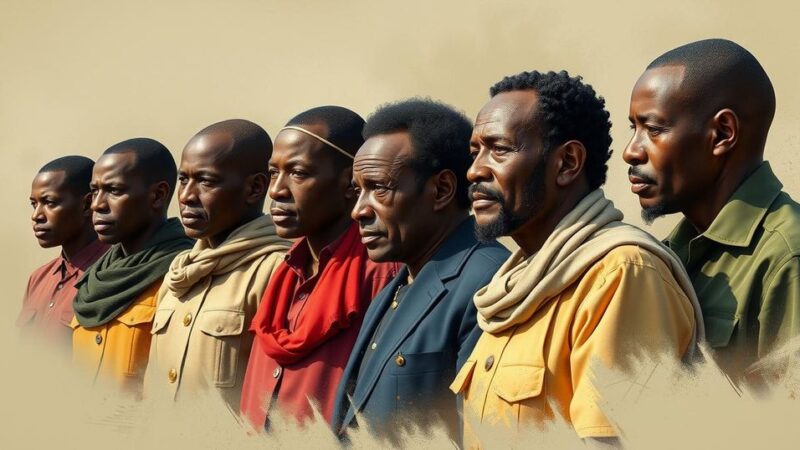A UN report has revealed that rebels in eastern Congo illegally exported at least 150 metric tons of coltan to Rwanda, compromising the regional mineral supply chain. Following the M23 movement’s takeover of Rubaya, these illicit activities have prompted serious concerns for technology companies about sourcing conflict minerals.
A recent report from UN experts has revealed alarming figures regarding the illegal export of coltan from eastern Democratic Republic of Congo to Rwanda. Last year, Congo rebels fraudulently exported a minimum of 150 metric tons of this vital mineral, resulting in significant contamination of the Great Lakes Region’s mineral supply chain— the worst recorded in a decade. Following the M23 movement’s takeover of the Rubaya mining area, which is crucial for coltan production, these illegal activities have intensified, complicating the procurement processes for technology companies with supply chain integrity concerns.
The Democratic Republic of Congo holds some of the world’s richest mineral resources, including coltan, a crucial component in smartphones and computers. However, the region has been plagued by conflict and exploitation, particularly involving various rebel groups and neighboring countries, notably Rwanda. The M23 movement’s rise and control over key mining regions has led to rampant illegal mining practices, further complicating the sourcing of conflict minerals and raising ethical concerns within the global technology supply chain.
The report underlines an urgent need to address the ongoing exploitation of conflict minerals in the Great Lakes Region. The illegal export of coltan by rebel groups not only disrupts local economies but also poses legal and reputational risks for global technology companies. Ensuring ethical sourcing practices in supply chains remains crucial as the complexities of the region’s mineral trade become increasingly apparent.
Original Source: www.mining.com







